February 4, 2019
Largest ever speculative office development in Bristol gets green light
 AXA Investment Managers – Real Assets (AXA IM – Real Assets), along with development manager Bell Hammer, is to commence construction of the initial phase of its 300,000 sq ft mixed-use Assembly Bristol regeneration project, having appointed Galliford Try as the main contractor. The construction contract and initial work has commenced for Building A which comprises 200,000 sq ft across 11 storeys with practical completion due in 2020. The building is claimed to a offer new archetype for Bristol office space; comprising multiple uses, and a range of flexible office spaces designed for both local and global businesses in the services, creative, consultancy, financial, media and technology sectors.
AXA Investment Managers – Real Assets (AXA IM – Real Assets), along with development manager Bell Hammer, is to commence construction of the initial phase of its 300,000 sq ft mixed-use Assembly Bristol regeneration project, having appointed Galliford Try as the main contractor. The construction contract and initial work has commenced for Building A which comprises 200,000 sq ft across 11 storeys with practical completion due in 2020. The building is claimed to a offer new archetype for Bristol office space; comprising multiple uses, and a range of flexible office spaces designed for both local and global businesses in the services, creative, consultancy, financial, media and technology sectors.











 This year is set to be a ‘buyers’ market’ for the UK’s top professionals, as the nation’s war for talent intensifies. This is according to new research from Robert Half UK, which found that nearly a third (32 percent) of those surveyed believe their skillset will be more desirable over the coming months – even against the current economic and political climate – as the supply/demand imbalance of the UK’s top talent heightens. The current skills in demand include data analysis and digital skills, as well as softer skills such as adaptability, resilience and critical thinking to help complement the evolution of the workplace.
This year is set to be a ‘buyers’ market’ for the UK’s top professionals, as the nation’s war for talent intensifies. This is according to new research from Robert Half UK, which found that nearly a third (32 percent) of those surveyed believe their skillset will be more desirable over the coming months – even against the current economic and political climate – as the supply/demand imbalance of the UK’s top talent heightens. The current skills in demand include data analysis and digital skills, as well as softer skills such as adaptability, resilience and critical thinking to help complement the evolution of the workplace. 




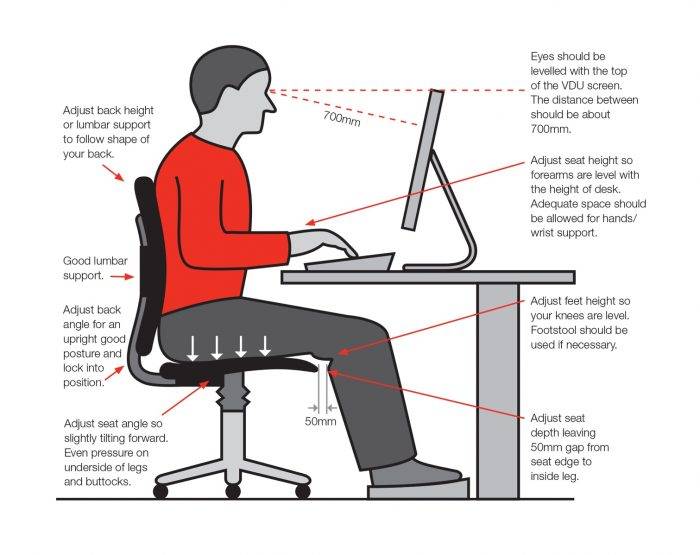








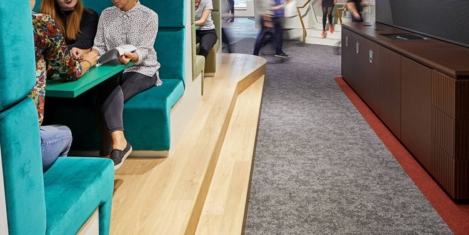
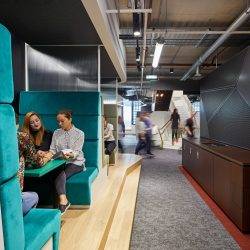
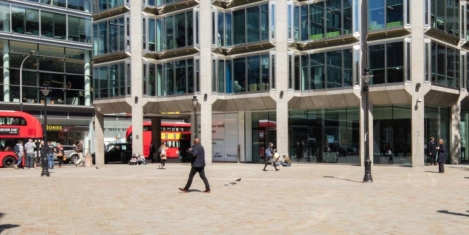
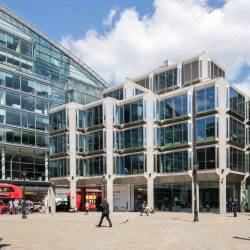









January 25, 2019
The state of the workplace right now? Everywhere and nowhere, baby 0
by Paul Carder • Comment, Facilities management, Features, Premium Content, Property, Workplace design
(more…)